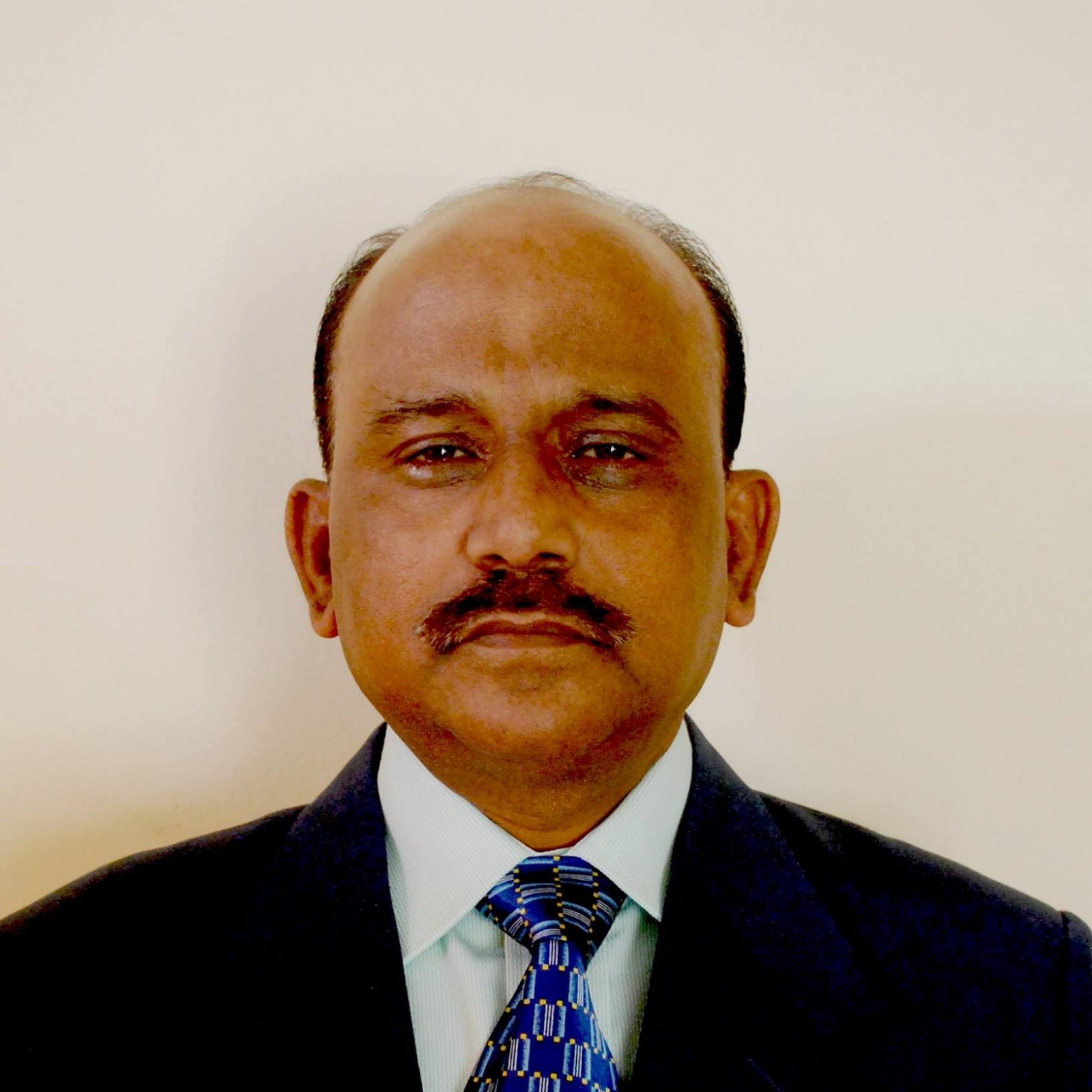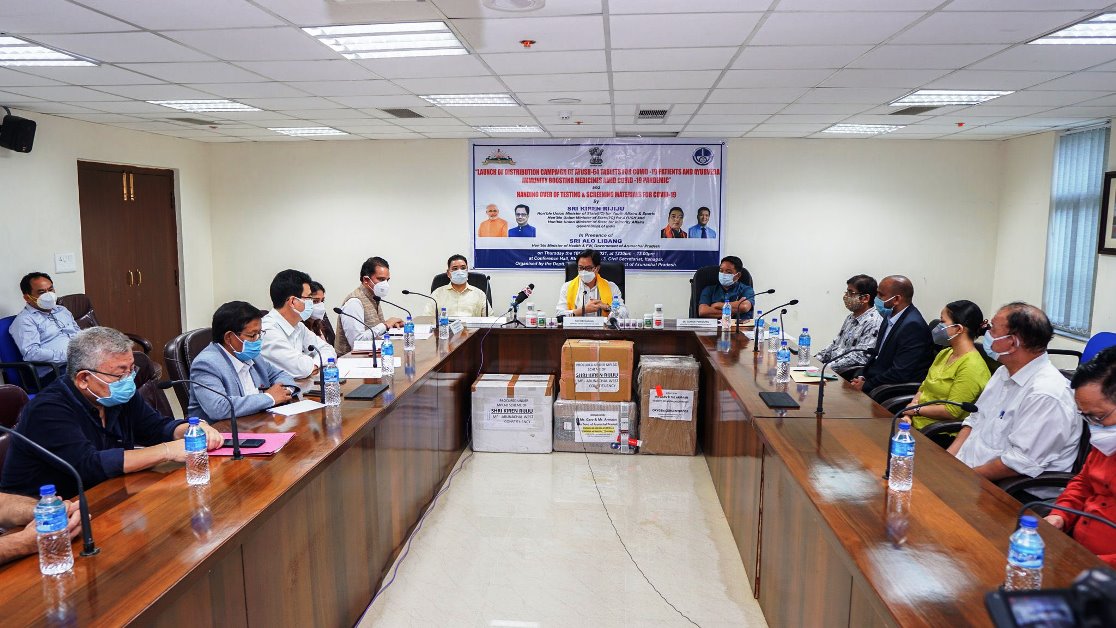Many days were a challenge to pass the time after school hours, as there were no newspapers, libraries, letters, or family interactions. However, the pay scales were generous, and all of us received central scales with an additional one-third of the basic pay for serving in Arunachal Pradesh
 Smarajit Kanungoe
Smarajit Kanungoe

In the late seventies, I found myself in a place known as Karko, situated in the then Siang District, the native village of Sri Gegong Apang, the former Chief Minister of Arunachal Pradesh. I spent a few months there. A state highway connected Along and Yingkiong, and on the way, just before reaching Yingkiong, there was a long cane bridge spanning the River Siang. After crossing the bridge, one had to walk around two kilometres uphill from the river valley to reach the village.
The village hosted a senior Basic (Class VIII) school located beside the river in the valley below the hill where the village was situated. The school had separate hostels for both boys and girls, accommodating students from neighbouring villages where schools might not have been established yet. Some villages were quite small, consisting of only two or three families and were scattered over a few hilltops in a vast area. These tiny villages couldn’t support a school. The schools were English-medium, and the textbooks were part of the NCERT pilot project. The textbooks were designed in a way that a Class I student could recognize words by looking at the illustrations alone, even without knowing the alphabet. Gradually, the students would be introduced to the alphabet and related words. I was initially amazed to witness boys reading their books fluently without even knowing the alphabets.
During that period, most teachers in Arunachal Pradesh hailed from Assam, Bihar, and Uttar Pradesh, with only a few coming from states like Kerala or West Bengal. Our group comprised nine teachers, including the Headmaster (HM). The Headmaster, an Assamese gentleman, lived with his family. After school hours, a group of three or four teachers, including myself, would venture out of the village, cross the river, and walk for approximately an hour to reach a GREF canteen on the main road. This canteen catered to various needs, offering items ranging from needles to transistors, hosiery products, and refreshments like tea and samosas. It even stocked an assortment of alcoholic beverages.
Many days were a challenge to pass the time after school hours, as there were no newspapers, libraries, letters, or family interactions. However, the pay scales were generous, and all of us received central scales with an additional one-third of the basic pay for serving in Arunachal Pradesh. This attractive remuneration drew many young aspirants to the region. Our Administrative Headquarters were located at Yingkiong, near the banks of the Siang River.
Siang River has a unique history. Originating as Tsang Po from Manas Sarovar in Tibet, it flowed eastward before bending southwards to enter India above Tuting. Upon entering Assam, this same river transformed into the Brahmaputra. Notably, the Chinese had recently altered the names of the river and the lake. Back then, vehicles could only travel up to Yingkiong. Beyond that point, a footpath led to Tuting, following the course of the Siang River. Fortunately, helicopter services were available from Jorhat Airfield in Assam.
On a particular day, I met the Circle Officer, Sri P.C. Dey, in his office at Yingkiong. I proposed the establishment of a Post Office in Karko, my village. He warmly embraced the idea and entrusted me with the responsibility of managing the Post Office. He emphasized the importance of maintaining a steady flow of letters to ensure the continued operation of the Post Office beyond the initial few months. Being an avid reader of “Blitz,” a popular weekly magazine at that time, I promptly initiated a request for pen pals through its pages. Within a fortnight, a steady stream of letters was established.
Managing approximately 70 to 80 pen pals of various ages, genders, and backgrounds proved to be an engaging endeavor. These pen pals hailed from different states, and some even wrote under pseudonyms, maintaining an air of mystery around their identities. Writing letters and maintaining the Post Office under my pillow became a unique and amusing routine. Our school peon was designated to collect and deliver the mail from the main road twice a week. This initiative brought smiles and happiness to the teachers and students, as they could now subscribe to newspapers and magazines of their choice.
During the rainy season, irregular traffic due to landslides disrupted the transportation of postal bags for almost two months. Determined to rectify the situation, I travelled to Along and stayed at a place called Barua Hotel for several days. The hotel, resembling an extended family home for around 25 to 30 people, offered small rooms with common toilet and bathing facilities. Evenings were spent in lively conversations and discussions in the office room, where people gathered to chat and share stories. This impromptu community comprised individuals from the plains who were either working, doing business, or passing through.
One memorable day, Dr. Lakdawala, Vice Chairman of the Planning Commission, visited Along with his team. They attended a grand event at a local auditorium, which featured traditional songs and dances from various tribes. During his address, Dr. Lakdawala employed humour to connect with the local audience, leaving everyone in fits of laughter. This technique of humbling oneself to resonate with the local population was a common practice during that era.
Upon returning to HQs, I was delighted to find that the postal bags from Karko and Yingkiong had finally arrived. The Circle Officer reimbursed my expenses, and I received letters from several pen pals, rekindling cherished connections.
Life during this period was characterized by its dreamy quality, filled with emotions akin to the beauty of roses. It’s remarkable how those moments remain etched in memory, even as time marches on.
Promotional | KRC TIMES






